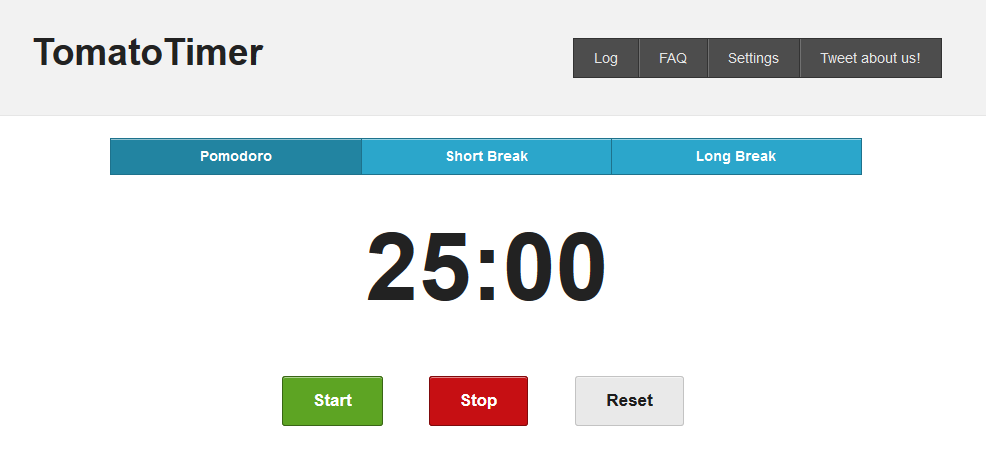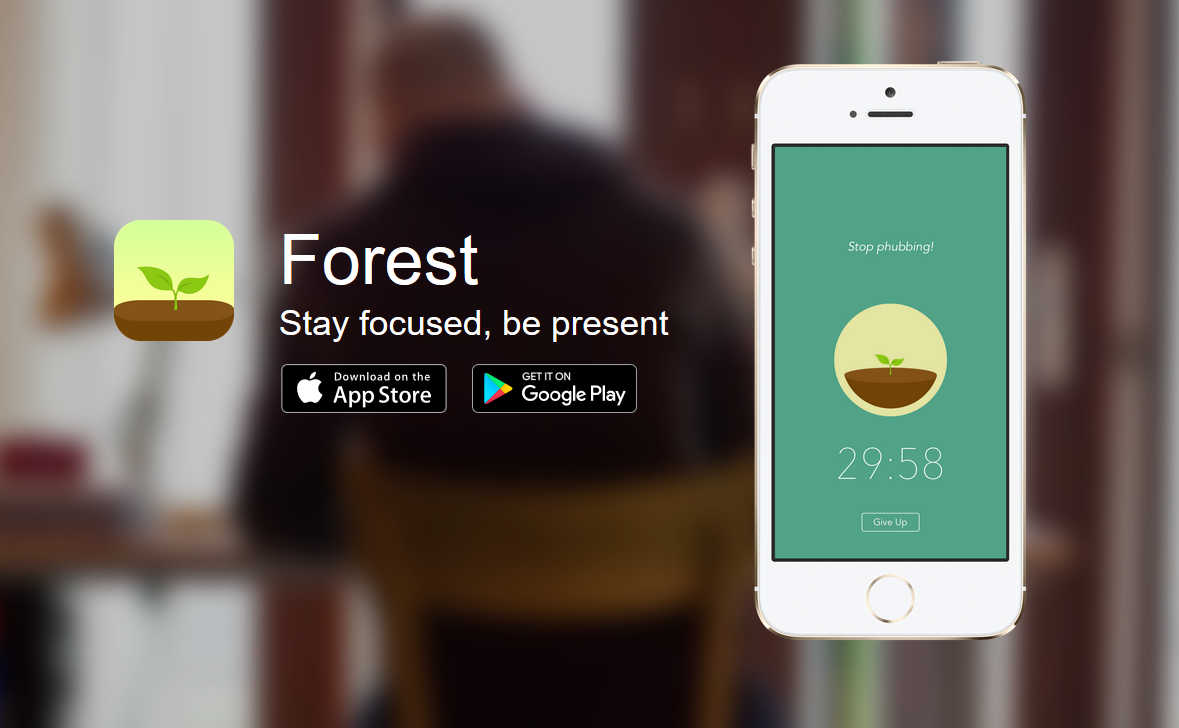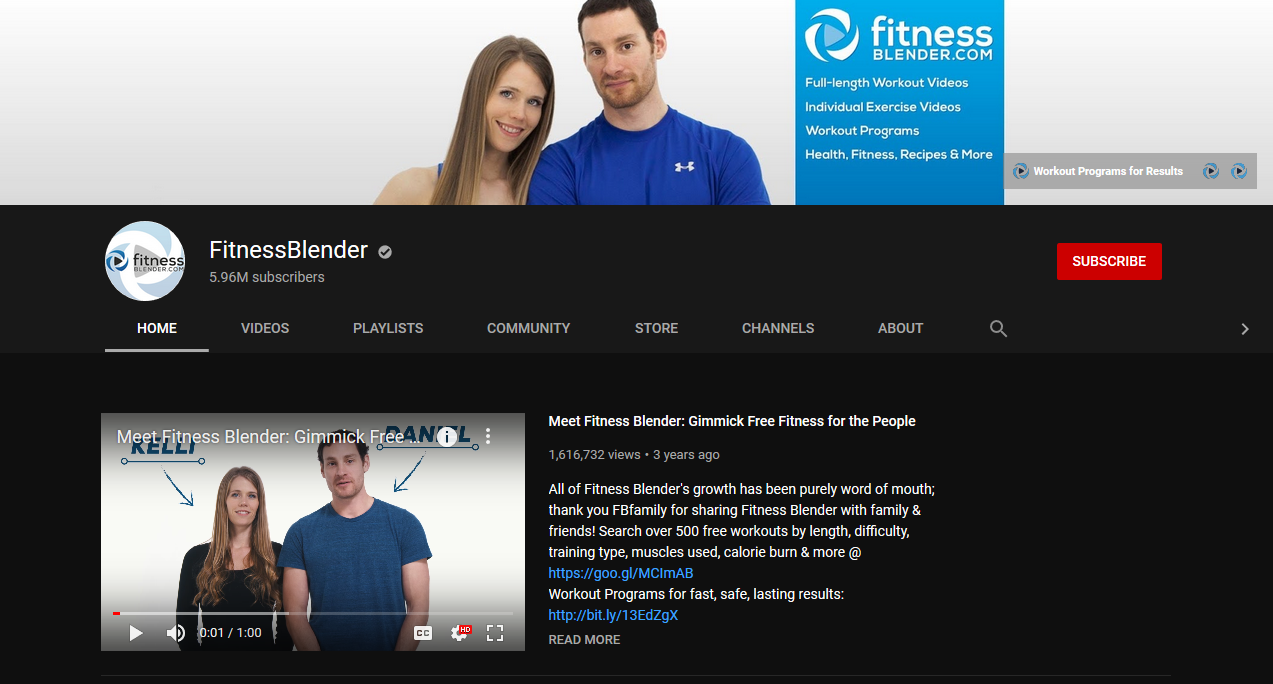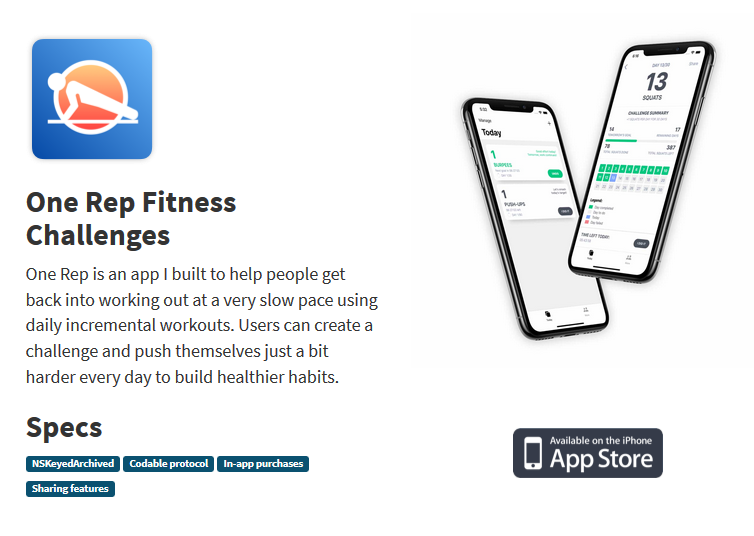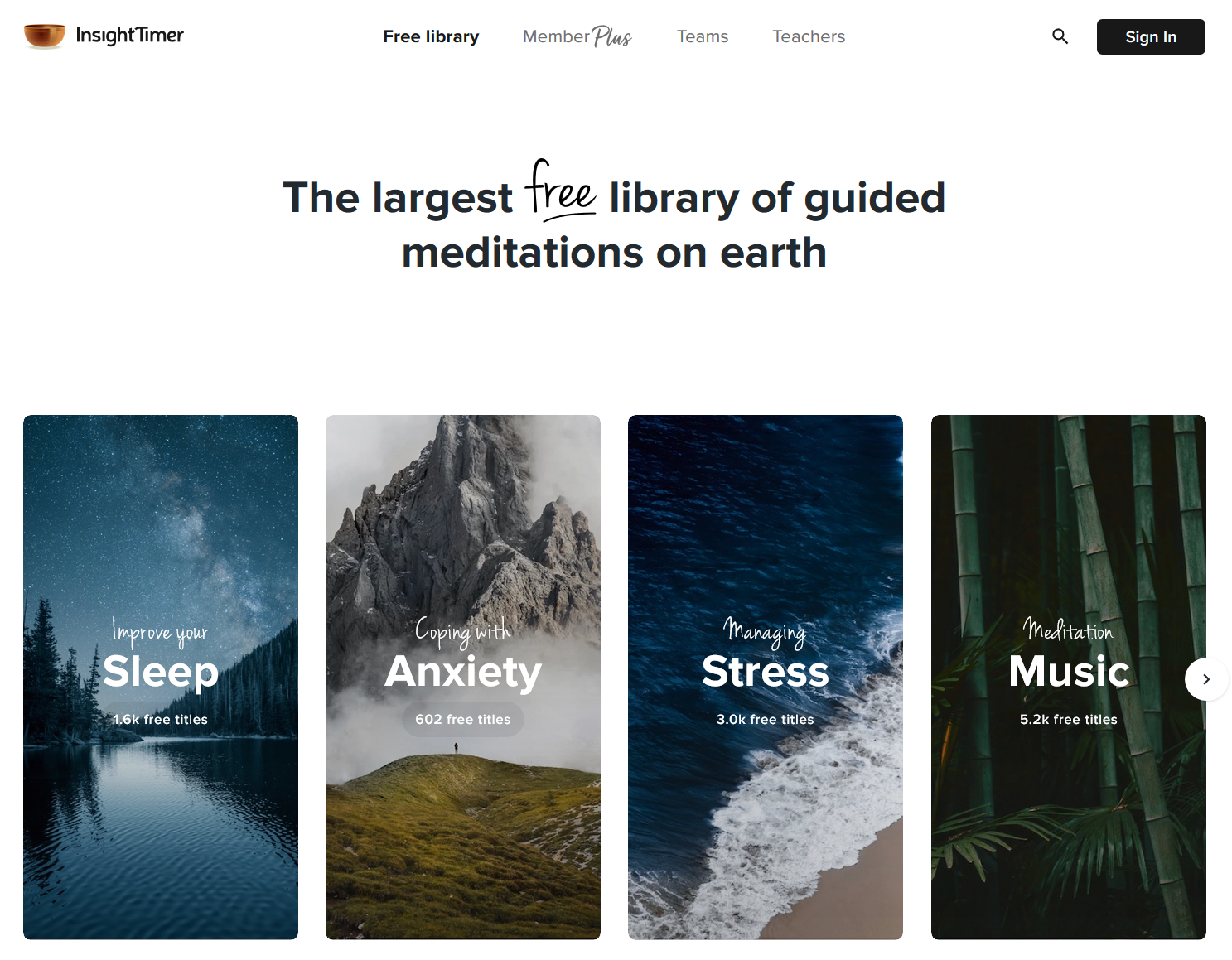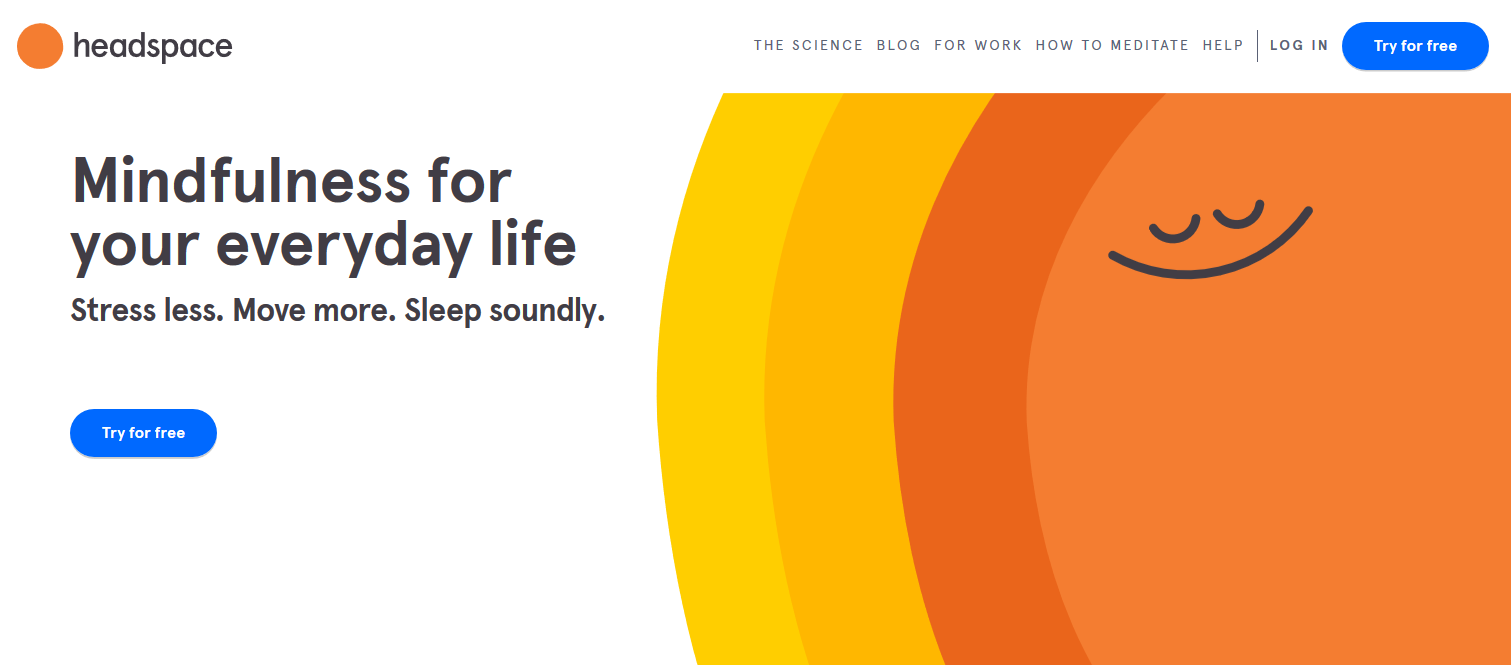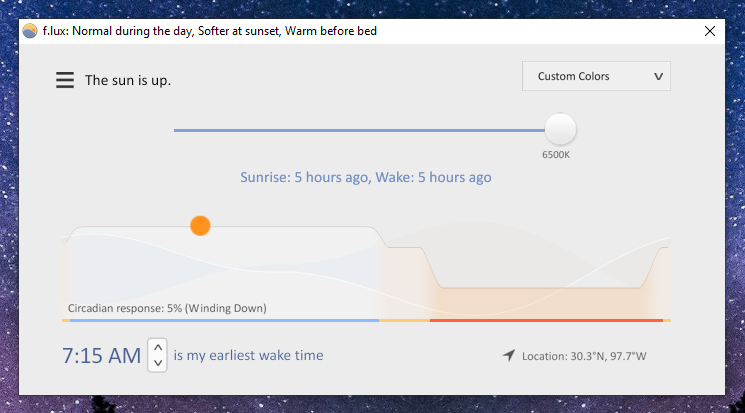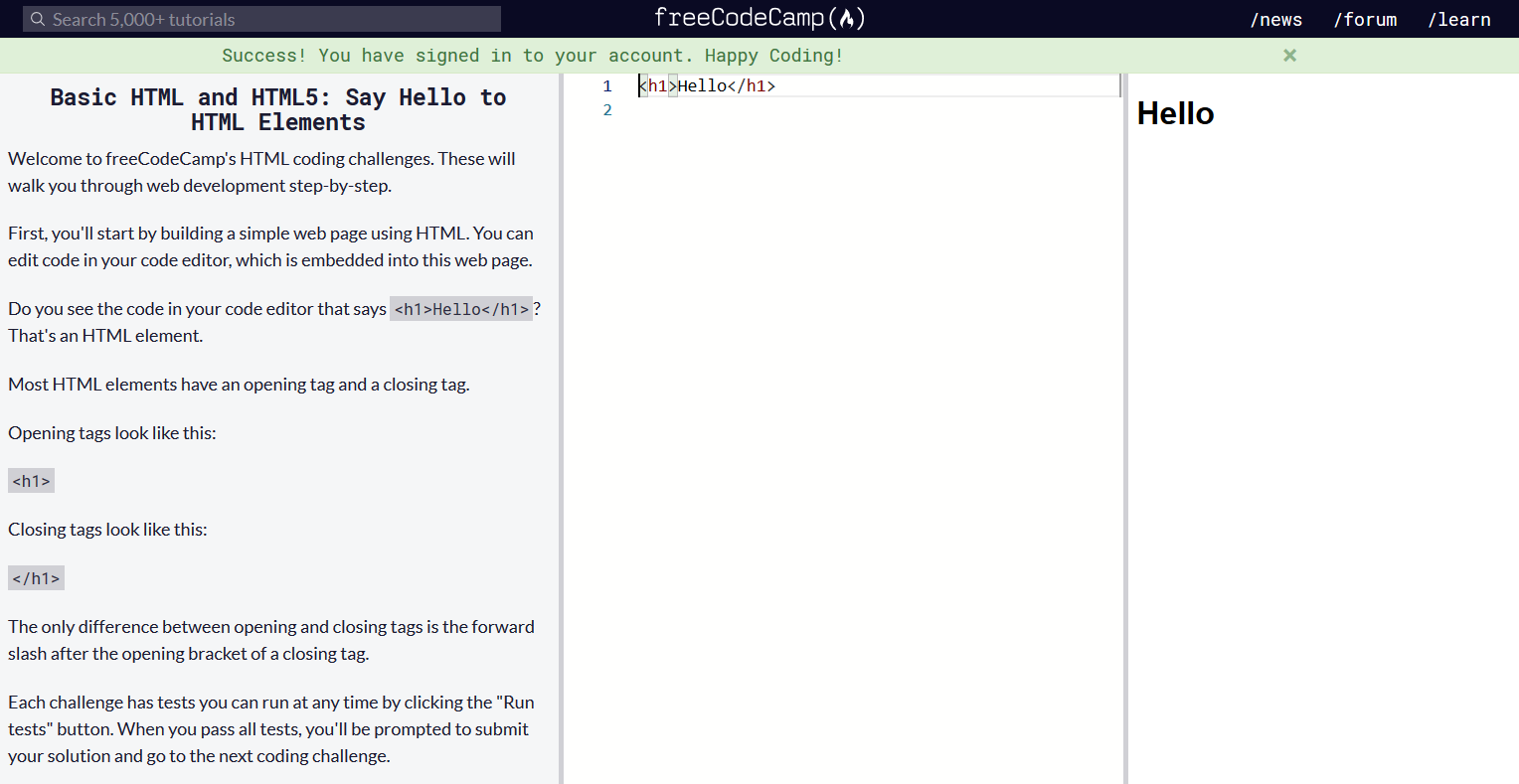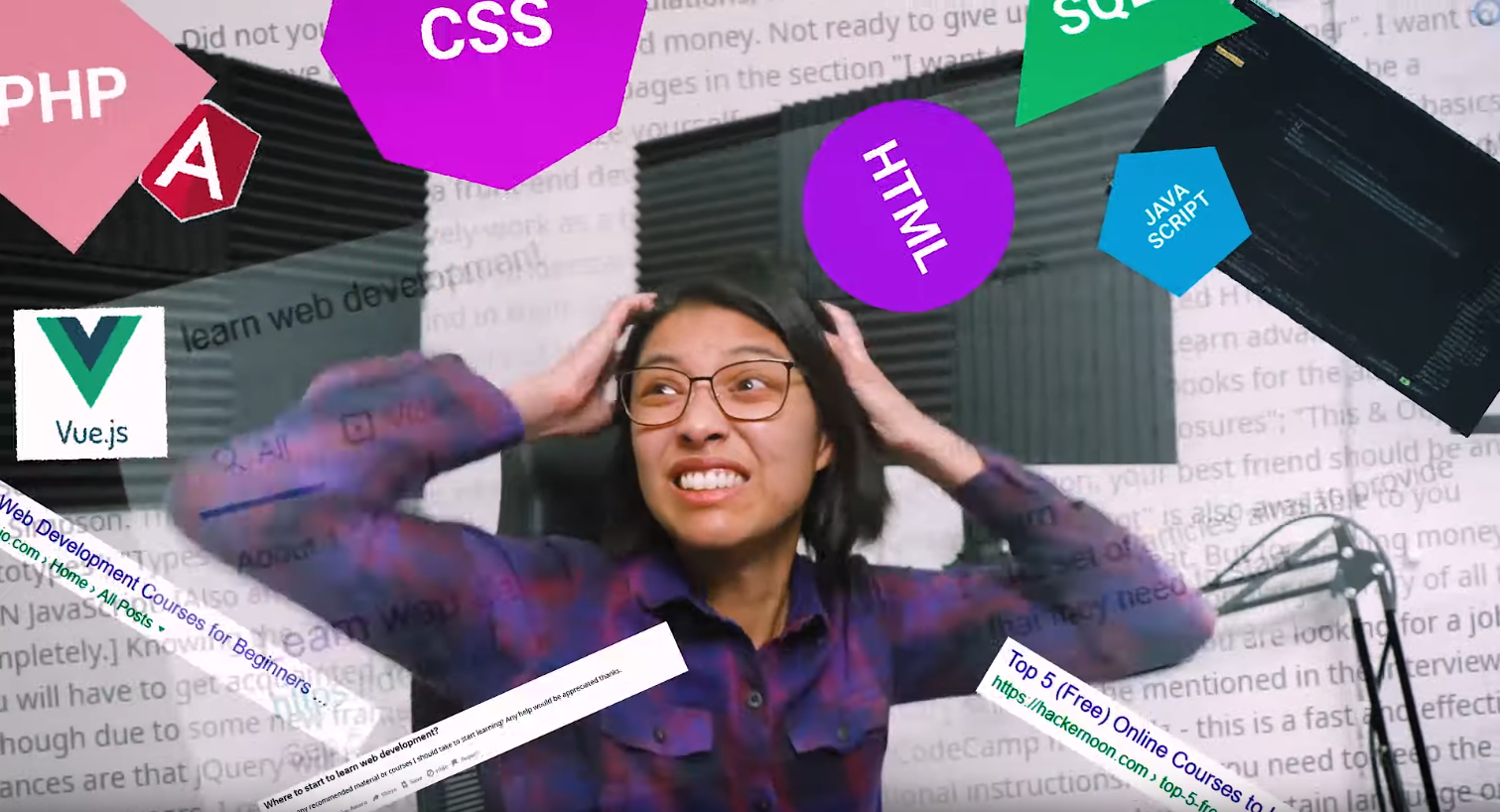By Jessica Chan
Around the world, many of us are spending a lot more time at home nowadays, either from enforced lockdowns or practicing social distancing.
Whether you're working remotely, searching for your next job, or learning to code, it's an uncertain time. And it can be quite difficult to stay focused and productive.
I've been working remotely as a web developer for the past four years, and while I definitely haven't figured everything out, I have learned some tips on how to stay productive and connected while being at home all day.
I sincerely hope these tips help you as we all adjust to the new status quo, at least for the time being.
Have a dedicated work space.
Your physical surroundings affect your mental ability to focus on work. If you've been used to having your workspace in a physical office, it can be a struggle to find that same level of focus when working from home.
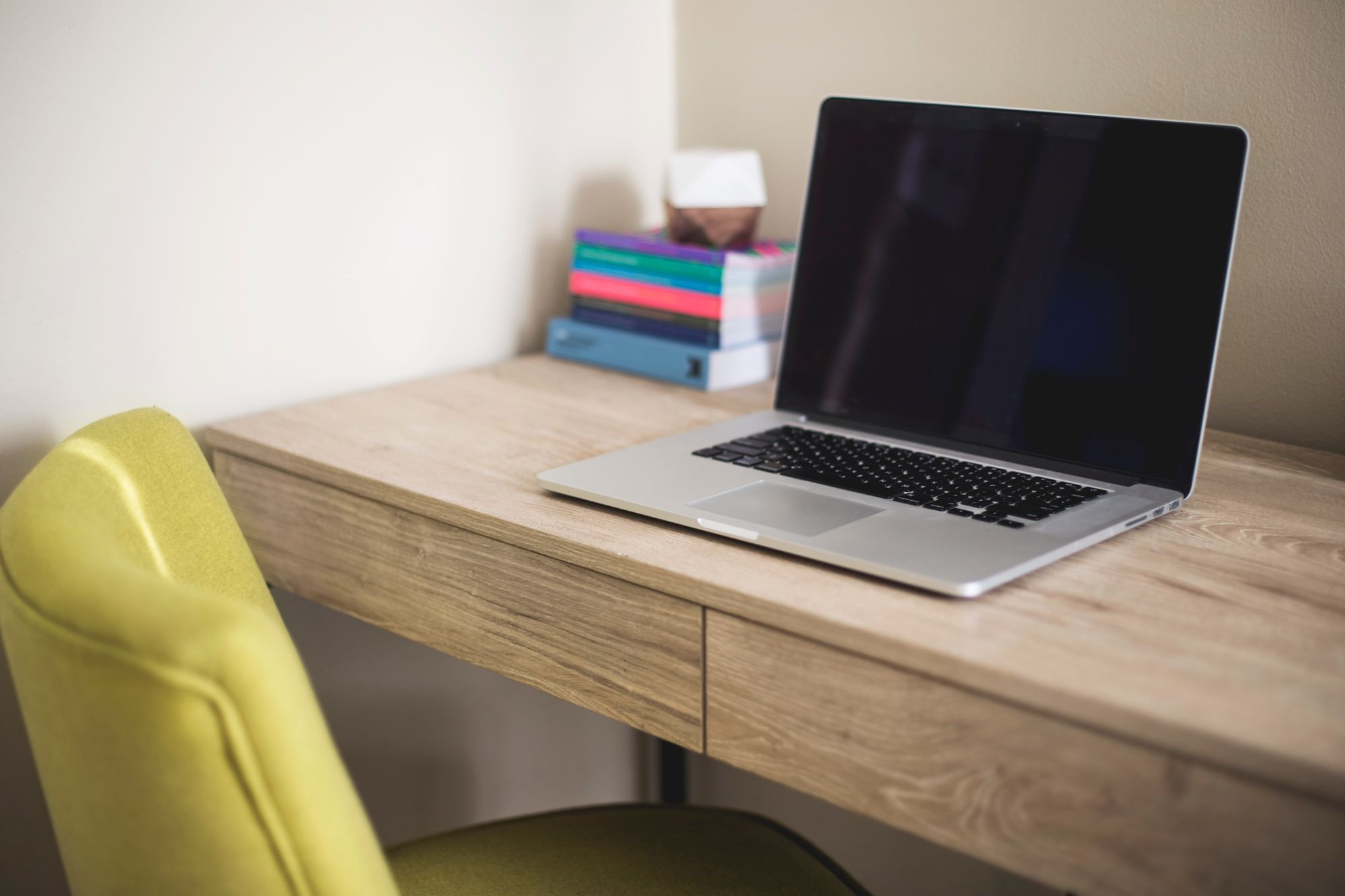
If you have a room that you can use as a home office, count yourself very lucky. But even if you don't have a dedicated room, try to set up a makeshift desk or use an existing table for work purposes.
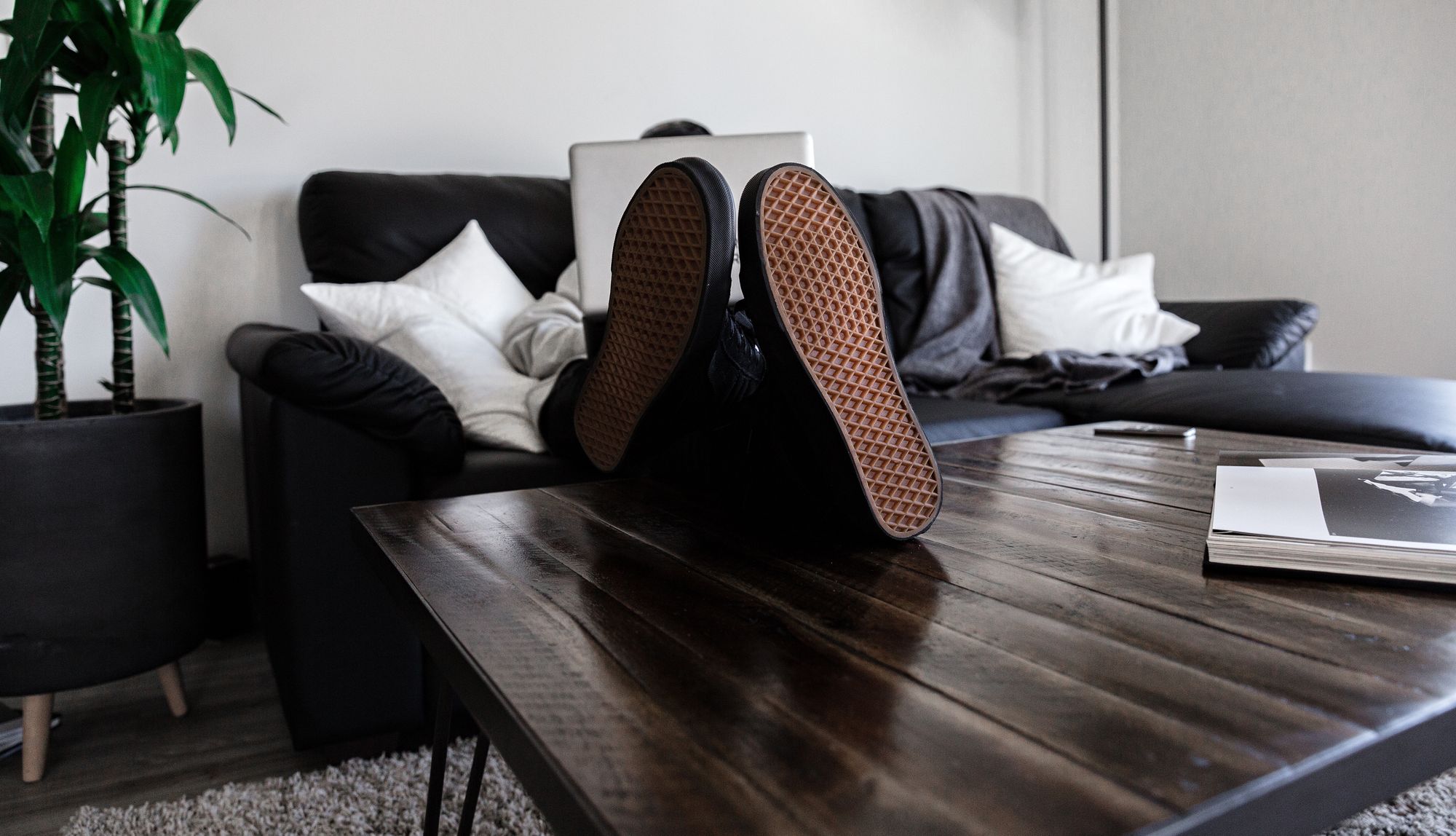
Avoid attempting to work lounging on your couch or worse, on your bed. Trying to work in those places usually reserved for relaxation can make your brain confused about whether it's work or rest time.
Which brings us to the next point:
Keep work time separate from home time.
The biggest struggle I had in adjusting to working from home every day was keeping a boundary between work and home life. During the day I wouldn't feel very motivated, and was easily distracted.
So I would run errands, do laundry, browse Reddit, and other things that weren't work-related. Then in the evenings I would stress about being behind in my work and would stay up late trying to finish it. This led to a bad cycle where I wasn't fully working during the day or fully relaxing in the evenings.
My advice is to try as much as possible to keep your work and home life separate. Don't do errands, chores, or watch videos while you're trying to do work. And once work hours are over, try as much as humanly possible to not let it creep into your chill time.
Stay focused and avoid distractions.
When you're working in a physical office or school, surrounded by other people all working hard, it's often easier to stay focused. But when you're at home and there's no one keeping you accountable, you will very quickly learn how undisciplined you are!
I know I discovered this when I first started working remotely. Developing the self-discipline to be productive takes time, but there are a few things that can help.
Using a Pomodoro (tomato) technique, where you work for 25 minutes followed by a 5 minute break, can help you stay on task. For some reason, it's easier to tell yourself to stay focused for 25 minutes, as opposed to thinking you have to work for the next 8 hours. Just take it one chunk at a time.
I use a simple web app called Tomato-Timer.com, but there are many others out there. You could even write your own!
If you want to reduce your phone screen time, another popular productivity app is Forest. How it works is you can plant trees, and they will grow over a certain number of minutes. The catch is, they will die if you interrupt their growth by closing the Forest app to use another app on your phone!
Structure your day with healthy habits.
We all know the basic habits that we should all do – sleeping enough, eating reasonably healthy, and getting good exercise. Now I'm not advocating for starting your days at 4am, unless you love that early bird life.
But in general, get enough sleep and try to follow habits that are good for your body and mind.
One habit that I've been trying to follow recently is writing in my journal every day. It's a good way to keep a record of what's happening in life, and I've found that thinking about what's happening leads to reflection.
Exercise is another healthy habit that can help your body stay fit and also help your mental health. Even if you can't go to the gym anymore, there are many online options that we can take advantage of.
In the evenings I'll try to pick a quick workout from Fitness Blender, a YouTube channel with a ton of great workouts.
Also, if you like the "X-Day challenge" type workouts, check out this customizable exercise challenge iPhone app made by my friend Edouard.
Lastly, I know meditation is a huge buzzword these days, but it truly can help. I like using the Insight Timer app which has a ton of free guided meditations, a meditation timer, and premium courses as well.
Another popular meditation app is the excellent Headspace app, which is paid but has a free trial.
Take screen breaks!
Whether you're working or learning, you're likely staring at computer and phone screens for hours and hours each day. It's unavoidable in our modern day, but try to take breaks away from the screen throughout the day.
This could involve physically getting away from the computer. Take walk breaks outdoors (abiding by any laws and regulations in your country or region of course) to get some sunshine and vitamin D. Walking around for a few minutes helps get the circulation flowing after being sedentary, and I've found that it helps me think a bit better. This can be helpful if you're stuck on a coding problem too!
In addition to taking walks, try to avoid eye strain. You may have heard of the 20-20-20 rule – every 20 minutes, focus on something 20 feet away for 20 seconds. Now I'm not sure exactly how scientifically accurate this is, but I know that my eyes start feeling strained if I'm on my phone continually for long periods of time.
You can also help avoid eyestrain in the evenings with a white light filter. The reason this helps is that natural daylight from the sun is on blue wavelengths, which our bodies are attuned to. However, our computers and phones also emit light on the blue end of the spectrum, so nighttime screen time can actually disrupt sleep and cause eyestrain.
Many phones come with built-in blue light filters, or you can use web or mobile apps to make your screen light tinted slightly yellow at night. I use the free f.lux app on my computer, but I'm sure there are many more out there.
Give yourself time to acclimate.
With all these changes and new habits that you may be trying to follow, be patient with yourself. It takes a long time to fully transition to big life changes. You won't be a work from home expert in a few days – it will likely take much longer, unfortunately.
But progress can be made one step at a time. Don't get too down on yourself if you find yourself being unproductive and distracted. Try focusing on one main habit at a time instead of trying to completely transform your routine immediately.
And if you do make mistakes, like looking up from your phone to realize that you just unwittingly scrolled through Twitter for the past hour, it's OK! Give yourself some space and flexibility.
Learn coding or other new skills!
As Quincy wrote recently, this time could be an incredible opportunity to learn how to code. Many of us have a lot more free time than we used to, and we could learn a lot of new skills!
Whether it's learning how to code, how to bake bread from scratch, or how to play guitar, try to spend at least some of your time investing in your skills. Some skills that I'm thinking about for myself are getting back into playing violin, creating a simple video game, and learning new coding and business skills.
If you want to learn web development, there's no better place than freeCodeCamp to learn full-stack coding skills. If you haven't yet, sign up to get started learning. There are is also an excellent forum and a huge YouTube channel filled with tutorials!
In addition, if you're just getting started but don't know where to begin, I've written a blog post that explains all the skills you need to learn web development as a complete beginner. I also have a silly (but informative!) video version on YouTube!
Stay connected and find online communities.
Feeling isolated is a common response when you're learning or working by yourself, especially if you've been used to collaborating and chatting with others in person.
There's no complete replacement for in-person interaction, but we are fortunate that there are a lot of digital ways to stay in touch with others.
If you're learning to code, I highly recommend you to get on Instagram and start posting your own journey there. There is an incredibly supportive and awesome community of devs there, and I've been able to make real friendships and acquaintances through Instagram! You can find me there at @thecodercoder – feel free to drop me a DM to ask any questions about web development anytime!
There's even an informal community called BuildUpDevs, started by Brian Clark and Dhanish Gajjar, longtime Instagrammer devs. They've also recently started doing live streams on Twitch about various topics in web development.
Follow news and social media with care.
The last point I'd like to make is to be careful how much news and current events you fill your head with. Obviously it's a good idea to stay current on how things develop in our cities, countries, and the world.
But try to moderate it, because in excess you could end up simply making yourself more anxious than you already may be. I know that this is true of myself!
I've had to take news and social media breaks every so often, if I start feeling negative and not great. As long as you are informed enough to make good decisions, don't drown yourself in reading all the tweets and news. Try to stay positive while also remaining realistic.
I hope this article has given you some good tips on how you can cope while in this new work from home life. Best wishes, and stay safe out there!

